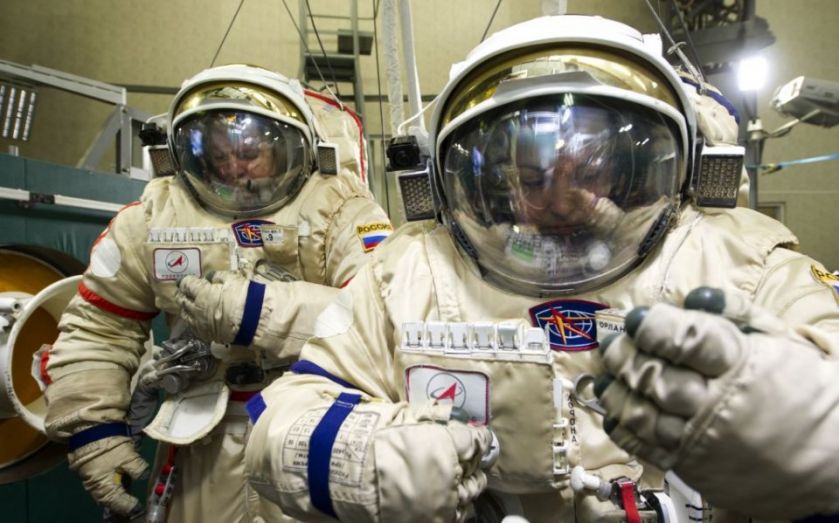Beware space travel: Venturing too far from Earth could speed up ageing

Those looking to prolong their lives as much as possible might want to think twice about jumping aboard a Virgin Galactic and racing to the stars – in space, immune systems can age quicker than on Earth.
In an attempt to determine the long-term consequences of living in low or no-gravity conditions, such as those found on other planets, scientists in France developed a testing model to look at the effects of spaceflight on mice.
Called Hindlimb Unloading (or HU), it showed that mice in low gravity conditions experience changes in B lymphocyte production in their bone marrow, similar to the changes observed in elderly mice living in Earth conditions.
B lymphocytes are an important part of the immune system, responsible for creating the antibodies that identify and selectively target harmful foreign objects such as bacteria and viruses. Not having enough of them can leave a person or other animal open to attack.
The results, published in the online FASEB Journal, indicate that space flight may be associated with accelerated ageing of the immune system in all types of animal, including humans.
If further studies show the same pattern, this means a person spending long periods of time in space might start suffering from age-related diseases younger than they would after an Earth-based life.
Scientists would then need to find a way to counteract these negative effects long before Mars One mission attempts to send us to Mars or people start staying in space hotels, and the HU model could hold the key to this.
"Getting to Mars and beyond promises to be a huge task, requiring contributions from almost every scientific discipline," said Gerald Weissmann, Editor-in-Chief of FASEB.
For biologists and medical researchers, knowing how altered gravity affects our immune system can already be studied on Earth. Fortunately for biologists, it's not rocket science.